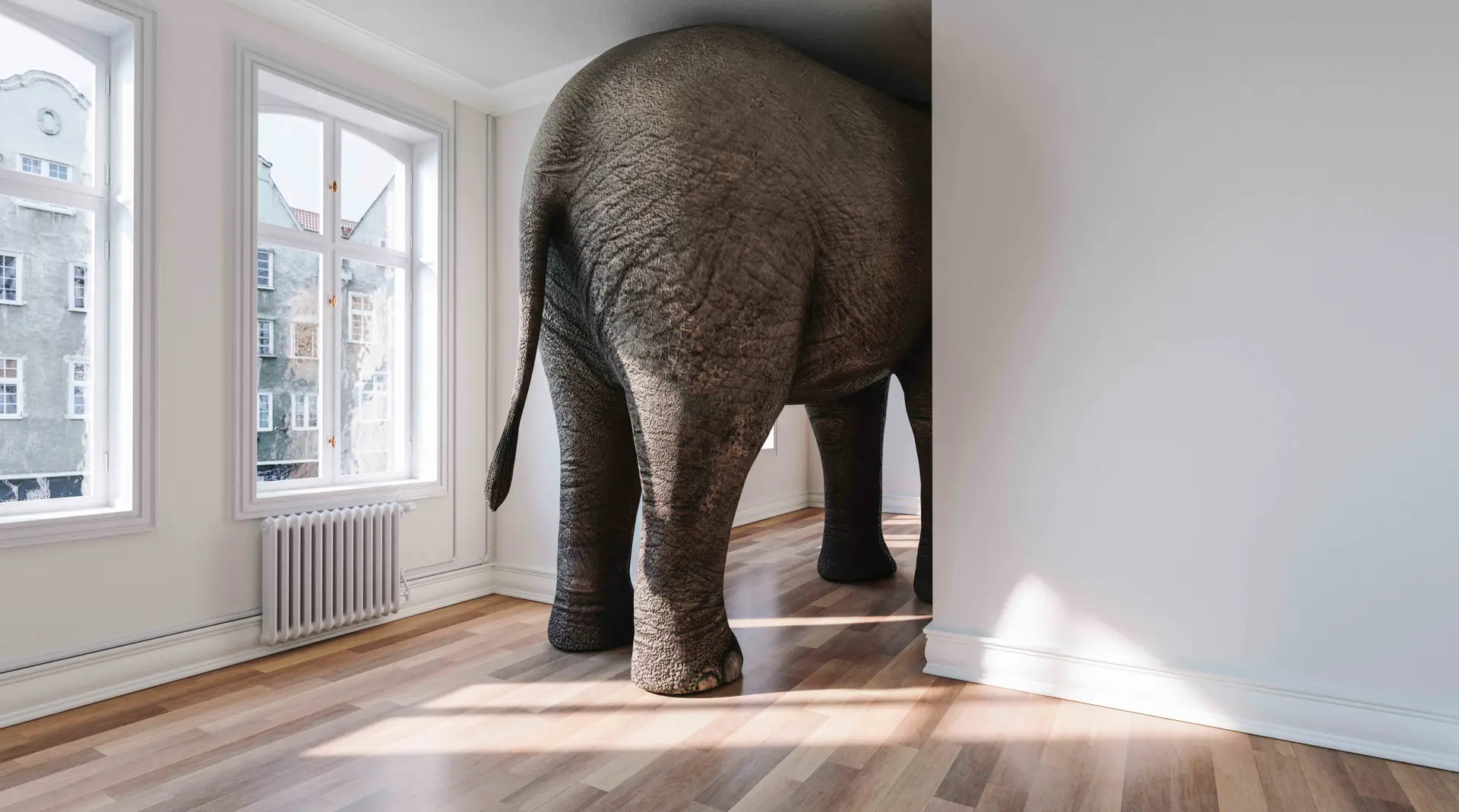Managing Pets in Rental Properties: What Landlords Need to Know
With more tenants owning pets, landlords need to understand their responsibilities regarding pets in rental properties. Under the Residential Tenancies Act 1997, tenants in Victoria have the right to request permission to keep pets in rental properties, and landlords need to handle these requests thoughtfully. Here’s what you need to know.
1. Tenants’ Right to Request Pets
In Victoria, tenants must submit a written request to their rental provider if they want to keep a pet. As a landlord, you are encouraged to respond within 14 days. If no response is given, the pet request is considered approved.
If you wish to refuse the pet request, you can apply to VCAT (Victorian Civil and Administrative Tribunal) for an order to refuse the pet. The burden of proof is on the landlord to demonstrate that the refusal is reasonable. VCAT will assess the situation, considering factors such as the type of pet, the suitability of the property, and any potential impact on the property or neighbours.
2. How to Manage Pet Requests
When considering a pet request, landlords should think about:
- The type and size of the pet.
- Whether the property is suitable for the pet (e.g., secure yard for a dog).
- Potential impacts on shared or neighbouring properties, especially in units or apartments.
If you choose to approve the request, it’s a good idea to document any conditions related to the pet. If you believe refusing the pet is necessary, you may choose to apply to VCAT.
3. Tenant Responsibilities
If a pet is allowed, the tenant is responsible for:
- Ensuring the pet doesn’t cause damage beyond normal wear and tear.
- Following local council regulations (e.g., pet registration and microchipping).
- Ensuring the pet doesn’t disturb neighbours or cause a nuisance.
If the pet causes damage, the landlord can claim costs from the tenant, including using the bond to cover any necessary repairs.
4. Benefits of Allowing Pets
Allowing pets can make your property more attractive to tenants and may lead to longer tenancies. Pet-friendly properties often appeal to long-term tenants, which can help reduce vacancy rates and ensure a steady rental income.
Finding the Right Balance
At Cliquey Realty, we help landlords balance offering flexibility to tenants while protecting their properties. If you have any questions about managing pet requests or understanding your legal obligations, our team is here to assist you.





